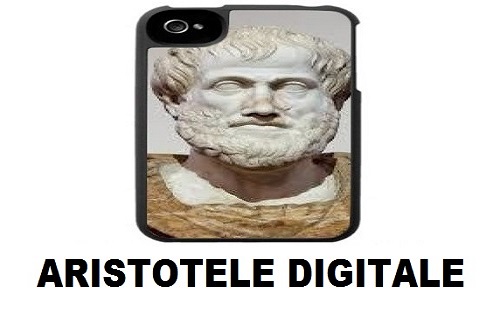The term voos refers to intellect, mind, spirit. It has to do with numen, the divine mind. In Hebrew Elohim (the divine), it gives order to elements of creation only when it names them, that is, “defines the state of relationship”. Voos can speed, rush, transform (they are Homeric words which also appear present in the pre-Socratics area) without distinguishing between uncontrolled consciousness and intelligent or finalized consciousness. It does so in a clear way, that is theoretical, ontological, metaphysical. A fragment says: “the nous sees, the nous hears: everything else is deaf and blind”.
Bu let’s go to Parmenides. In relation to all this, it must be said that he identifies thinking and being, because he insists in this context, in this state of relationship, in this spatio-temporal determination. However, the philosopher perceives what transcends this distinction and evaluates it as an event and not as a necessity and destiny (as old and New Testament culture will do).
Event, necessity and destiny substantially distinguish life. And here you go from Parmenide’s being to Dionysus who is life, the game between conscience and unconsciousness; that is the continuous postponement of the representation that is the mirror of Dionysus, a boy who plays dice (here someone should review the statement that the good god does not play dice), who plays with the ball (which you can never know exactly in advance where it goes and where it goes), with the top (so in the Orphic fragments, in the papyrus of the mysteries, of the third century BC). Being and Life likely identify determining almost a synergy between Parmenides and Dionysus). Among other things, for the Greek philosopher the world is one (and today the global world is so) and above all his logics is perfectly compatible with the digital one, better bitical.








